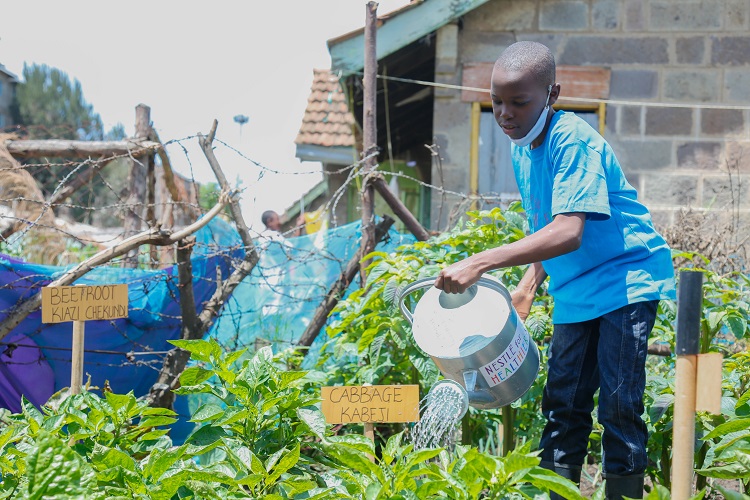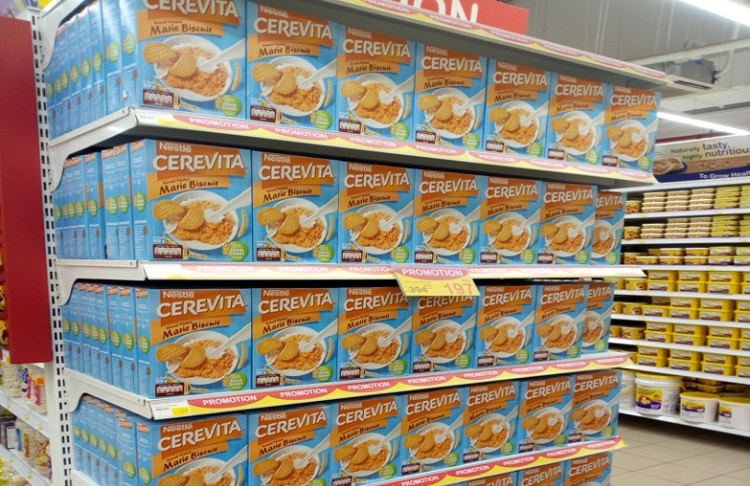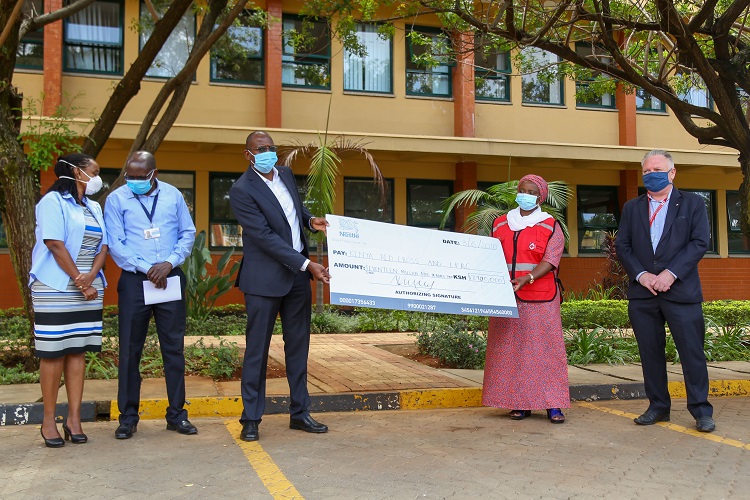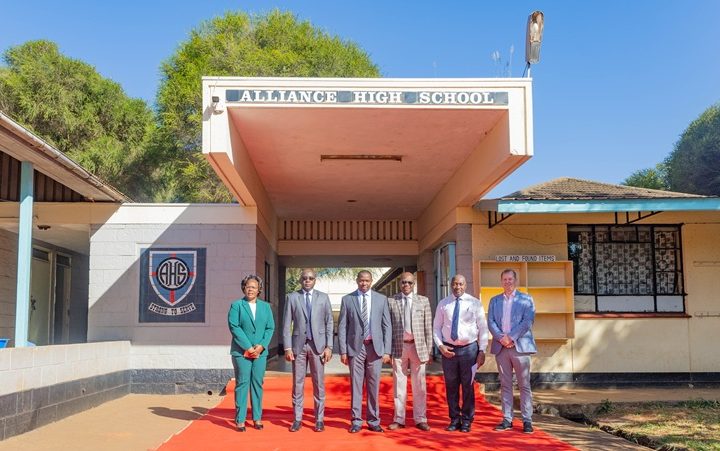With schools closed in response to the COVID-19 pandemic, over 800 students and their parents from 22 primary schools across the country have benefited from Nutrition, Water, Sanitation, and Hygiene (WASH) education delivered through digital platforms, by the Nestlé for Healthier Kids Program (N4HK), to help address malnutrition among school-going children.
The children aged between 6 – 12 years, in Grade 1 – 4, received guidance on preparing nutritious, affordable, and balanced meals and setting up kitchen gardens through their parent’s mobile phones.
The children, with the help of their parents, we’re encouraged to set up nutritional gardens at home. The N4HK team supported these efforts with technical assistance offered by Nest Africa who trained the parents and the pupils on how to use organic manures and spray the organic folia feed. They were also trained on the importance of mixed farming and rotational farming to boost soil nitrogen in subsistence farming. Parents were free to select the seedlings to plant with the majority planting a wide variety of highly nutritious vegetables such as spinach, amaranth, nightshade, beetroot, and cassava, just to name a few.
“The N4HK program seeks to enlighten parents and their children on the importance of healthy eating from locally available foods. We appreciate the move by the students to replicate lessons learned via their 4K clubs to establish kitchen gardens at home. This has helped ensure family meals are nutritious and also help save costs for groceries through the use of available spaces at a time when the pandemic has disrupted family incomes,” said Ms. Teresia Waithaka, Scientific and Regulatory Affairs Manager, Nestlé Kenya.
Adding, “The involvement of the children in setting up kitchen gardens at home is in line with the competency-based curriculum and has helped keep the children engaged while staying safe at home.
Since March, the initiative has seen 75 nutrition gardens and 12 tin gardens set up by the students with the assistance of their parents.
The kitchen garden setup and nutrition education initiative is part of Nestlé’s “Nestlé for Healthier Kids” Program whose ambition is to improve nutritional levels across the East and Southern Africa region (ESAR). According to joint assessments conducted by the Ministry of Health and UNICEF this year, nearly 369,379 children are severely malnourished in Kenya alone.
Nestlé’s global program’s goal is to make 50 million kids healthier by 2030 and within Kenya, this will be achieved by targeting the children’s teachers and parents. This focus stems from research suggesting the importance of parental involvement in the education of young children.
Parents enrolled in the program receive frequently customized lesson plans and health information directly to their phones. Those who successfully disseminate the lessons and interact with their children are rewarded with various incentives, including t-shirts, farm inputs, and free data for their mobile phones.
The Nestlé for Healthier Kids Program activities are guided by a Technical Committee which comprises representatives from the Ministry of Education, Kenyatta University, City Education, and the Kenya Institute of Curriculum Development. Additionally, Nestlé works with a Nutrition Professor from Kenyatta University.
The class materials have been developed in collaboration with the Kenya Institute of Curriculum Education, in line with the school syllabus. Nestlé produces and distributes the class materials that include food charts, teacher guides and nutrition charts to all enrolled schools and engages on-ground coordinators who ensure the materials are used appropriately.
The Nestlé for Healthier Kids global program was launched in Kenya in 2012 as part of Nestlé’s Creating Shared Value initiative. Currently, there over 800 public and private schools participating in the program in Kenya, covering 8 counties and reaching over 700,000 pupils and 6,700 teachers.













